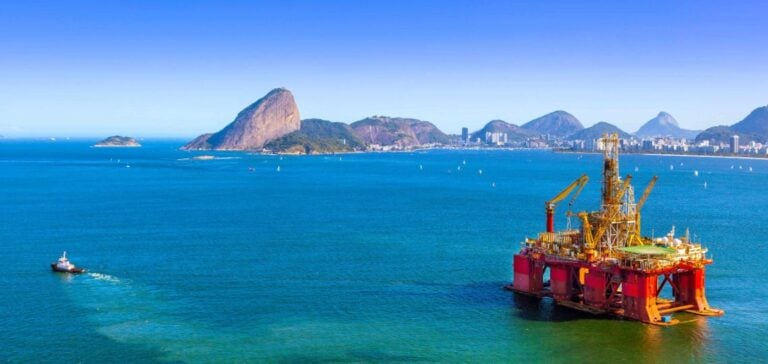The debate over fossil fuel usage took an unexpected turn at COP29, held in Baku, Azerbaijan. Host president Ilham Aliev described oil and gas as “gifts from God,” defending their continued exploitation to meet market demands. In response, Brazilian Environment Minister Marina Silva urged a moderate approach to resource consumption to avoid disastrous consequences.
“God gives us gifts, but He always asks us to be very careful,” Marina Silva stated, comparing excessive energy consumption to overeating sugar, which can lead to health issues. This statement comes as Brazil, Latin America’s largest oil producer with a daily output of 3.5 million barrels, seeks to reconcile energy exploitation with climate commitments.
A Call for Balance Between Exploitation and Sustainability
Silva’s remarks highlighted the challenges of energy transition in producing nations. While Azerbaijan justifies resource exploitation to address global demand, Brazil adopts a more cautious stance. Silva emphasized that natural wealth must be managed prudently to safeguard the climate.
Despite its position as an oil powerhouse, Brazil has submitted a new climate roadmap to the United Nations. This plan targets a 59 to 67% reduction in greenhouse gas emissions by 2035, compared to 2005 levels. This document, required under the Paris Agreement, reflects Brazil’s ambition to lead global climate action while maintaining a significant role in oil markets.
A Key Role for COP30 in 2025
As the host of COP30 in 2025, Brazil has pledged to set an example in international climate negotiations. Marina Silva stressed the importance of establishing ambitious targets, urging other nations to follow suit.
However, challenges remain significant. Brazilian President Luiz Inácio Lula da Silva, absent from COP29 due to health issues, recently reminded the nation of the need to balance economic development with environmental imperatives. This reflects the dilemma faced by many emerging economies that are heavily reliant on fossil fuels yet conscious of climate challenges.
COP29 in Focus
The third day of COP29 marked the end of interventions from heads of state, with fewer than a hundred leaders attending. The discussions revealed ongoing divisions between industrialized and developing nations regarding the equitable distribution of efforts required for global energy transition.
Azerbaijan, the event’s organizer, defended its fossil fuel exploitation, highlighting its strategic importance. Marina Silva, while advocating moderation, reminded the audience that combating climate change demands global solidarity and enhanced cooperation among nations.





















